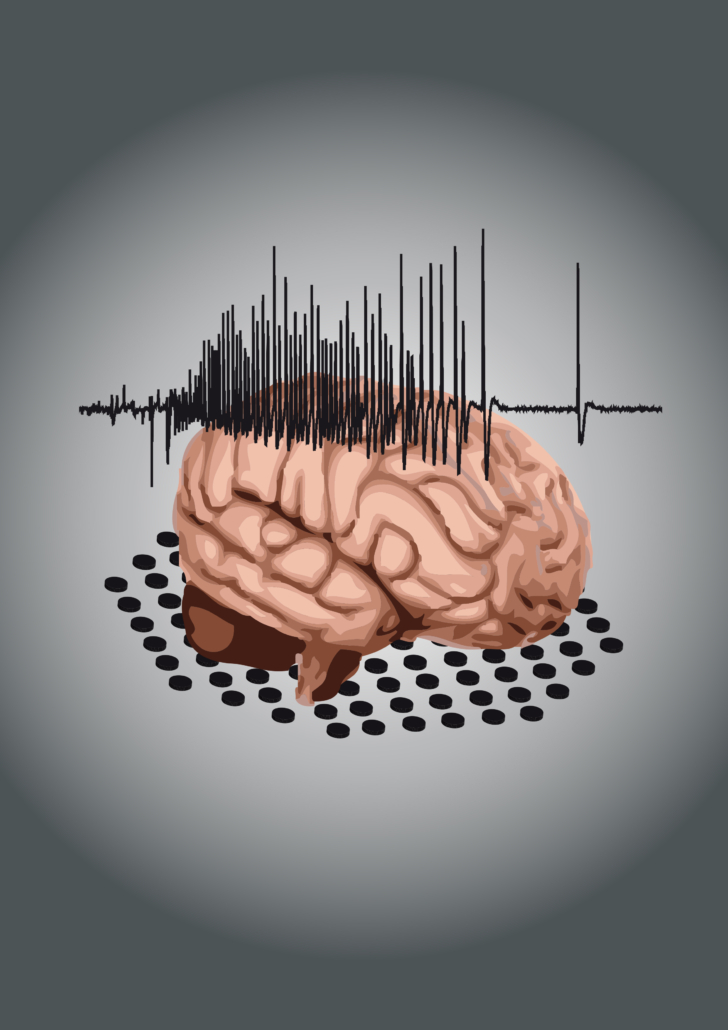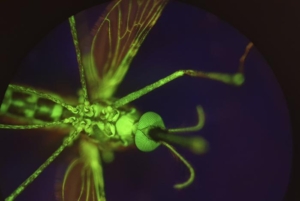
New epilepsy target discovered
French researchers have found a key driver of chronic epilepsy.
As 30% of patients with epilepsy do not respond to current antiepileptic drugs, finding targets that help suppress the initiation and propagation of seizures in the brain is crucial. Epilepsies are characterized by recurrent seizures, which disrupt normal brain function. Alterations in neuronal excitability and excitation-inhibition balance have been shown to promote seizure generation, yet molecular determinants of such alterations remain to be identified. Results of Elena Dossi and colleagues from INSERM Paris now suggest that inhibiting pannexin channels with drugs already approved for the treatment of gout and malaria could serve as a new therapeutic strategy for non responders to standard therapies.
Pannexin channels are nonselective, large-pore channels mediating extracellular exchange of neuroactive molecules. Recent data suggest that these channels are activated under pathological conditions and regulate neuronal excitability, i.e. in stroke. However, whether pannexin channels sustain or counteract chronic epilepsy in human patients was unknown.
Using brain tissue samples from patients with epilepsy undergoing surgical resection and a mouse model of epilepsy the French researchers showed that the membrane channel pannexin-1 contributes to seizure activity. They analyzed 42 postoperative brain tissue samples obtained from surgical resection of epileptogenic zones in patients suffering from lesional or drug-resistant epilepsy and found that pannexin-1 channels contributed to epileptic activity in the samples. Pannexin-1 channel activation promoted seizure generation and maintenance through adenosine triphosphate signaling via purinergic 2 receptors. Pharmacological inhibition of pannexin-1 channels with probenecid or mefloquinetwo medications currently used for treating gout and malaria, respectivelyblocked ictal discharges in human cortical brain tissue slices. Furthermore, mice lacking the gene that encodes for pannexin-1 channels were less prone to seizures when exposed to the pro-epileptic compound kainic acid compared to control animals.


 Ing. Schieder Mark - stock.adobe.com
Ing. Schieder Mark - stock.adobe.com Lee Haines, photographer
Lee Haines, photographer MPI for Biochemistry - Ausserhofer
MPI for Biochemistry - Ausserhofer